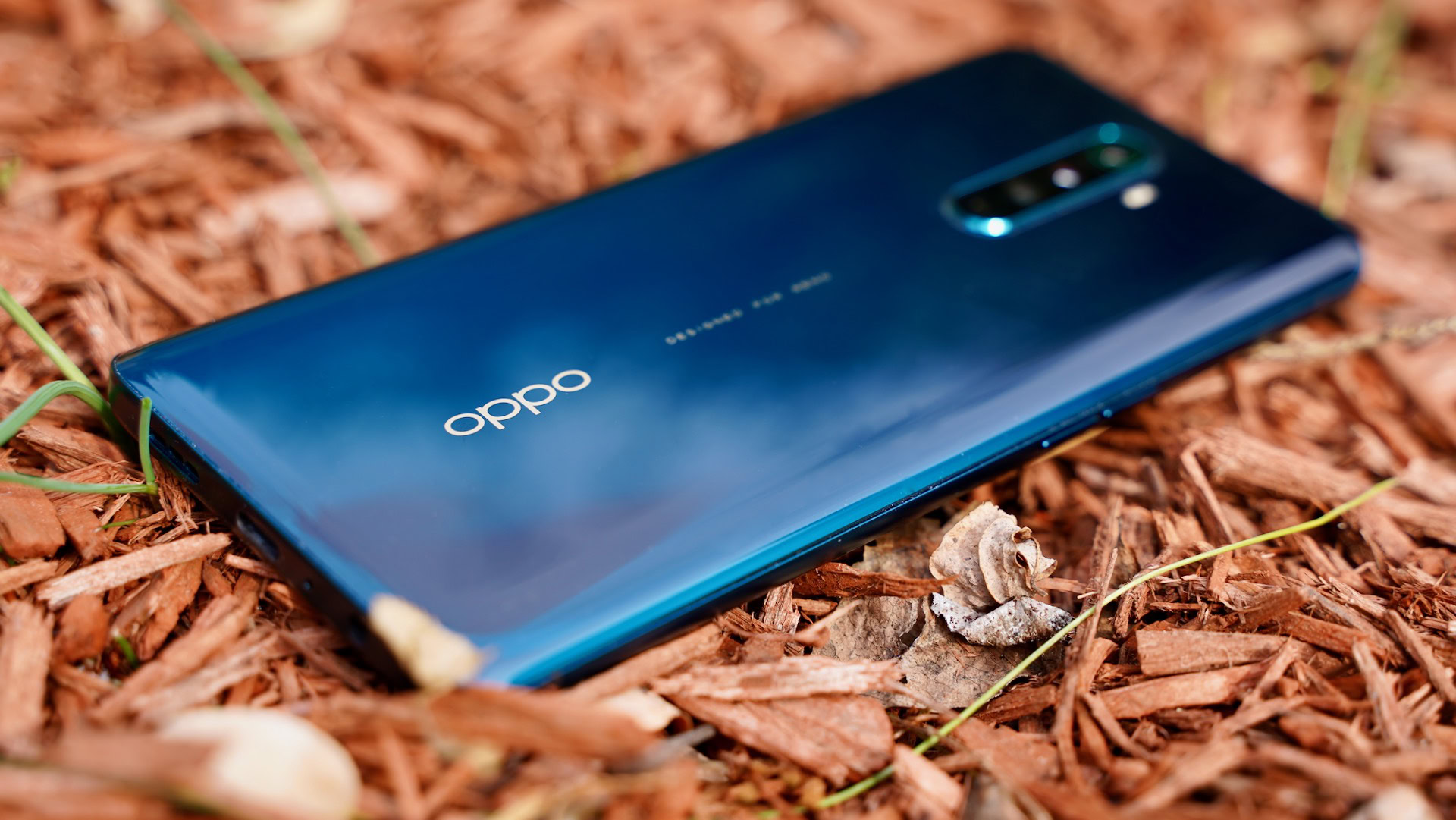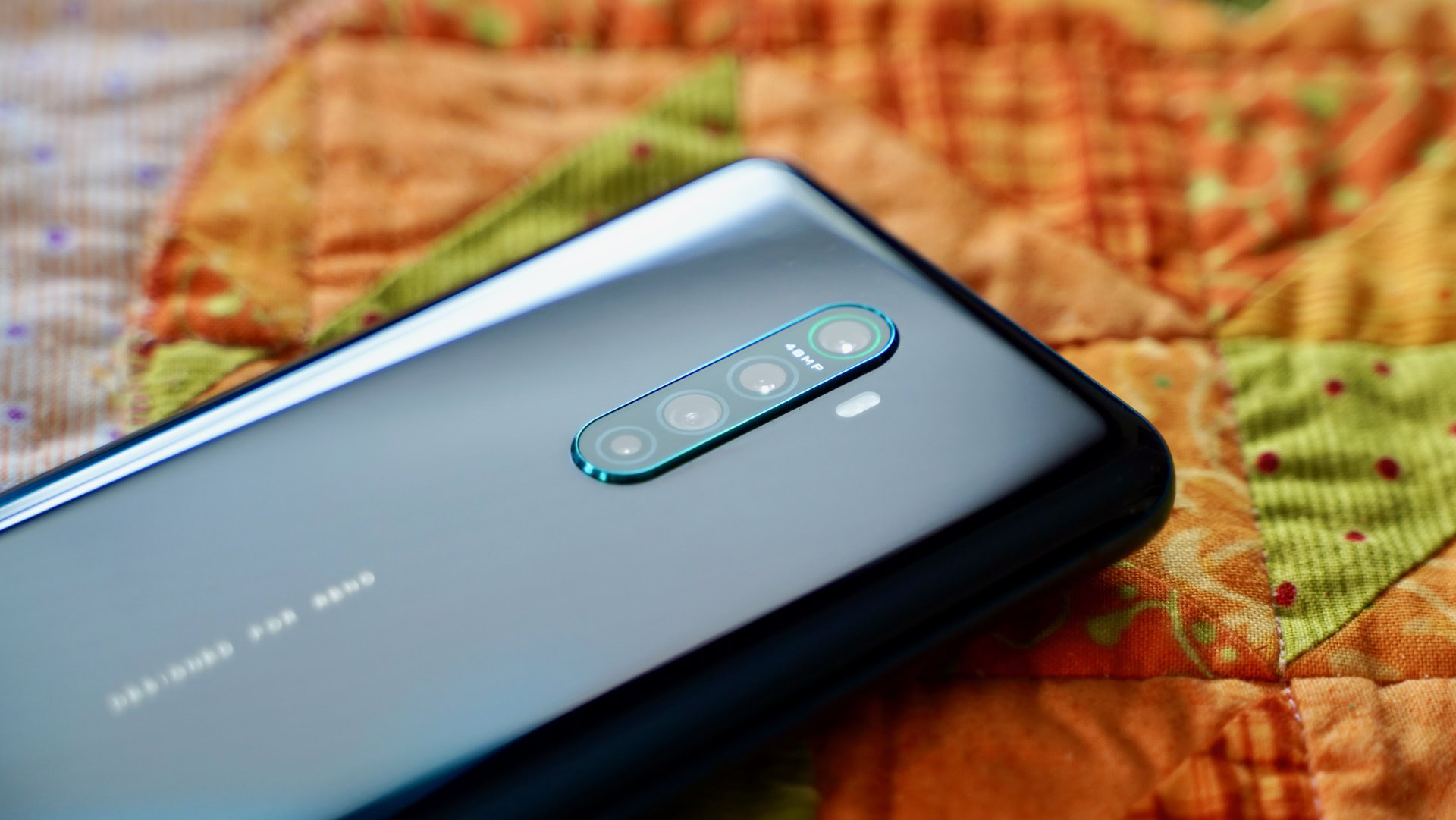Affiliate links on Android Authority may earn us a commission. Learn more.
OPPO is getting into custom chip game, and OnePlus, realme are helping too

We’ve seen several brands attempt to produce their own smartphone chipsets over the years, with varying levels of success. But Oppo seems to think the time is right for a processor of its own.
Oppo’s leadership circulated an internal memo revealing plans for a so-called “Mariana Plan,” CNBeta reported. The Mariana Plan (supposedly a nod to the world’s deepest ocean trench) confirms that the company is working on in-house chip efforts.
Read: Who is BBK, the world’s second largest phone manufacturer?
The initiative is reportedly led by a technical committee headed by a former technical director at Qualcomm. Furthermore, CNBeta says OnePlus and Realme engineers have joined the custom processor initiative as well.
The involvement of OnePlus and realme staff suggests that the project is more than just a diversion. OnePlus and realme have both used OPPO’s designs and tech know-how over the years. It’s also worth noting that OPPO previously announced plans to spend ~$7 billion on research and development over the next three years.
Is this OPPO’s insurance policy?
“Our ultimate goal of making chips is to serve our customers well. This is a long-term investment, not to compete with our partners,” OPPO was quoted as saying by C114 News (machine-translated). The company stressed that Qualcomm and MediaTek were still partners that OPPO “attaches special importance to,” so we likely can’t expect an overnight change.
Nevertheless, news of an in-house chip design effort by OPPO comes as Huawei continues to suffer under the US trade ban against it. HUAWEI was unable to use Qualcomm chips as a result of this ban, turning to its in-house designs and MediaTek instead.

OPPO has much more to lose if it were to face a similar ban, as it’s reliant on Qualcomm silicon for most of its flagships and has no custom SoC division. Developing an in-house chip takes years though, so the Chinese brand wouldn’t be able to simply swap out Qualcomm processors for its own silicon at the drop of a hat.
The likes of realme and OnePlus could also potentially be affected by a HUAWEI-style trade ban, so it makes sense for these companies to contribute some resources and/or expertise to OPPO’s effort.
We’ve contacted OPPO to clarify the story but the firm has refused to comment on the matter. Do you think they can challenge other chip companies? Give us your thoughts in the comments.